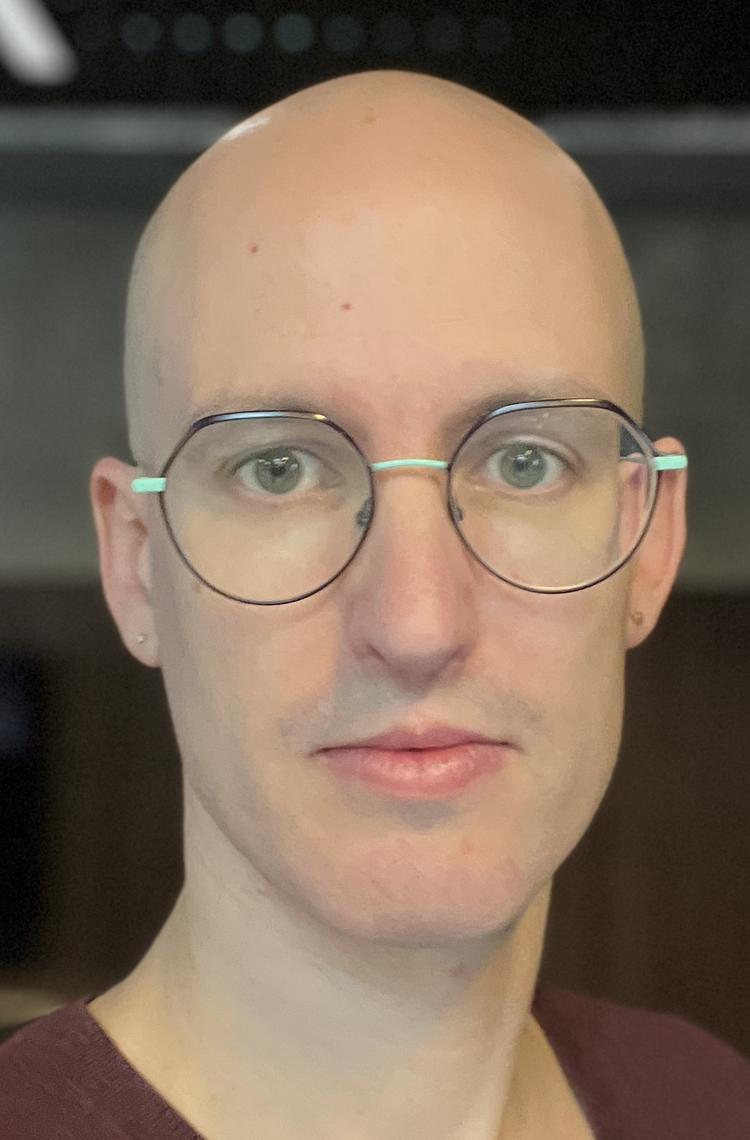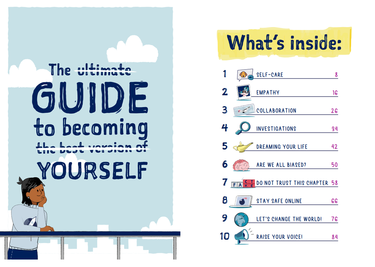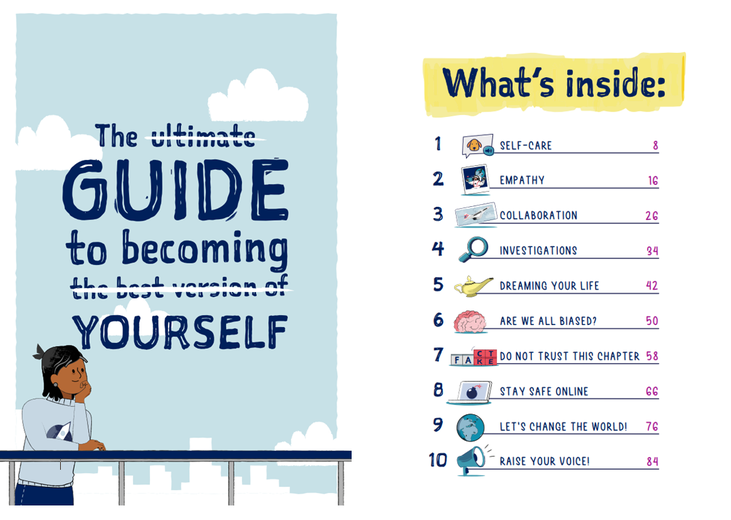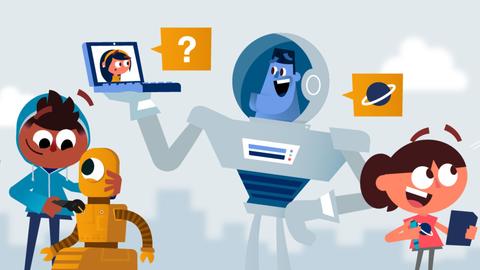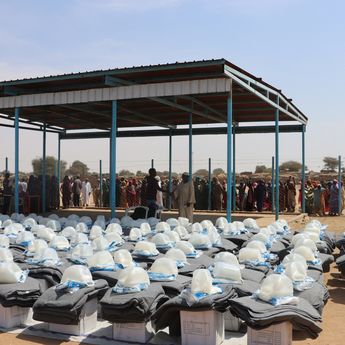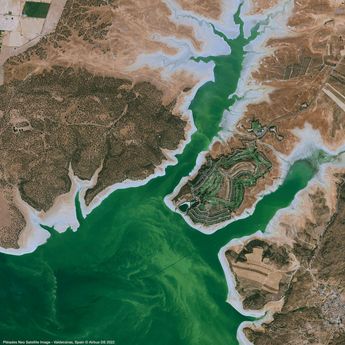The Airbus Foundation Discovery Space has just released a new self-development book for teenagers entitled "The guide to becoming yourself".
This new booklet guides young people through different topics of self-exploration including self-care, empathy, false information and online safety. It also teaches how to form a unique and powerful individual voice. The booklet equips young people with the tools they need to thrive as they become young adults, taking into account that “becoming yourself” often isn’t as easy as it might sound!
Each chapter contains different activities to put the ideas into practice, alone or with friends and family.
The youth programmes supported by the Foundation aim to inspire young people and give them confidence in their future. The booklet is readily available to participants in Foundation-supported programmes around the world. It is also freely available to download online in English, French, German and Spanish.
To coincide with the launch of this new booklet, we spoke with its author, Didier Laval.
You have been working with the Airbus Foundation for four years developing content for the Youth Development pillar. Why is the Foundation's work in this area important?
Young people today are facing a changing and uncertain world, with challenges ranging from the mental health impact of the Covid pandemic and the growing presence of false information, to new technological revolutions such as the development of artificial intelligence. Educators need new resources, new approaches and new partnerships to equip young people with the tools they need to face these challenges. The Airbus Foundation supports them through a wide variety of tools that help to develop young people’s soft skills and foster a scientific mindset, such as videos, 3D-design activities or our recently released self-development booklet.
How can the Airbus Foundation continue to develop its Youth Development pillar?
The Foundation should ensure they listen to parents, teachers, educators, mediators and even the young people directly engaged in their programmes. Listening to people on the front lines will enable the Foundation to understand how it can support them most effectively.
What are the Foundation’s main projects for 2023, and why are these the top priorities?
In 2023, we are releasing several new resources, with a specific focus on teenagers (14-18 years old). The Foundation’s prior activities were very well adapted to younger children, but the Foundation felt it needed specific tools for teenagers. These resources address that gap.
For example, our new self-development booklet speaks to teenagers at a time in their lives when they are figuring out who they are and who they want to be... It is not an easy age at all! Instead of focusing on “promoting science”, we really get to the heart of a big question that is relevant to all young people at this age: how do you “become yourself”? The booklet also offers activities that will raise awareness of cognitive biases or false information, and in line with our focus on STEM activities.
What is STEM education and how is this approach adapted to the Youth Development activities of the Airbus Foundation?
STEM education means education in the fields of Science, Technology, Engineering and Maths. It is extremely important, not only for future scientists and engineers, but for every young person. A scientific mindset supports curiosity, critical thinking and problem solving, which are vital skills to adapt to today’s changing world. Many of today’s challenges, from the climate emergency to the rise of AI, are closely linked to scientific issues, so we all need at least a general understanding of scientific culture to be able to engage with and interpret them.
The educational world is becoming more and more digitised. How can we bridge the gap between the different levels of access to the digital world that exist in developed and less developed countries?
This is an extremely important question. Content creators need to be mindful when they design “cutting-edge” digital content that only works on the latest smartphone or that requires very recent hardware. I remember when I asked Derek Fish, Director of the Unizulu Science Centre in South Africa, how he reached the remote and rural communities during the Covid pandemic. Derek told me he used no digital tools at all: his team designed activities on paper, made thousands of black and white photocopies and brought them to remote areas. We need to consider different types of content that are accessible to all.
What are the latest challenges in the world of education and how can educators address them?
The Covid pandemic really impacted young people. Mental health issues have dramatically increased among teenagers. Large groups of children stopped going to school and did not return when schools reopened. Our increasingly digital world has changed the way that young people interact with each other, the way they document themselves, and the kind of media they are interested in. Educators need to reshape many of their approaches to better respond to these changing needs.
What advice would you give to the Foundation's young followers to put themselves on a solid footing for their futures?
Be curious. Always seek out more information, and consult lots of different sources. Today there are so many wonderful podcasts, social media channels, books (don’t forget books!) and videos… Take an interest in as many things as possible. And use what you learn to change the world around you.
Do you think that platforms like YouTube or TikTok are revolutionising education?
The term “revolutionising” might be too strong, but it is true that there is an incredible wealth of educators on social media, especially on channels like Instagram, TikTok and YouTube… You can find educational content about almost every possible topic, from physics to sociology and ecology to pop culture. And through social media, teenagers can curate their preferred educators, and learn from people who address them as equals. This is very empowering. So perhaps instead of a “revolution”, I would say there is an educational “tidal wave” on social media!
